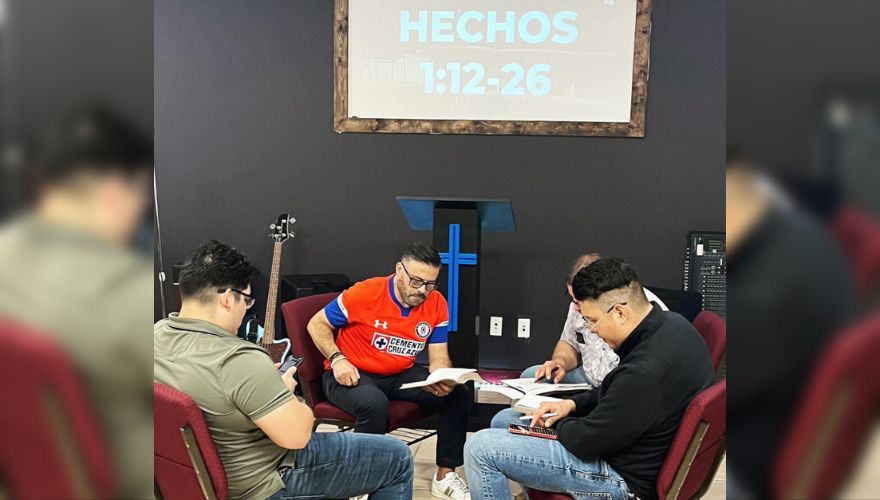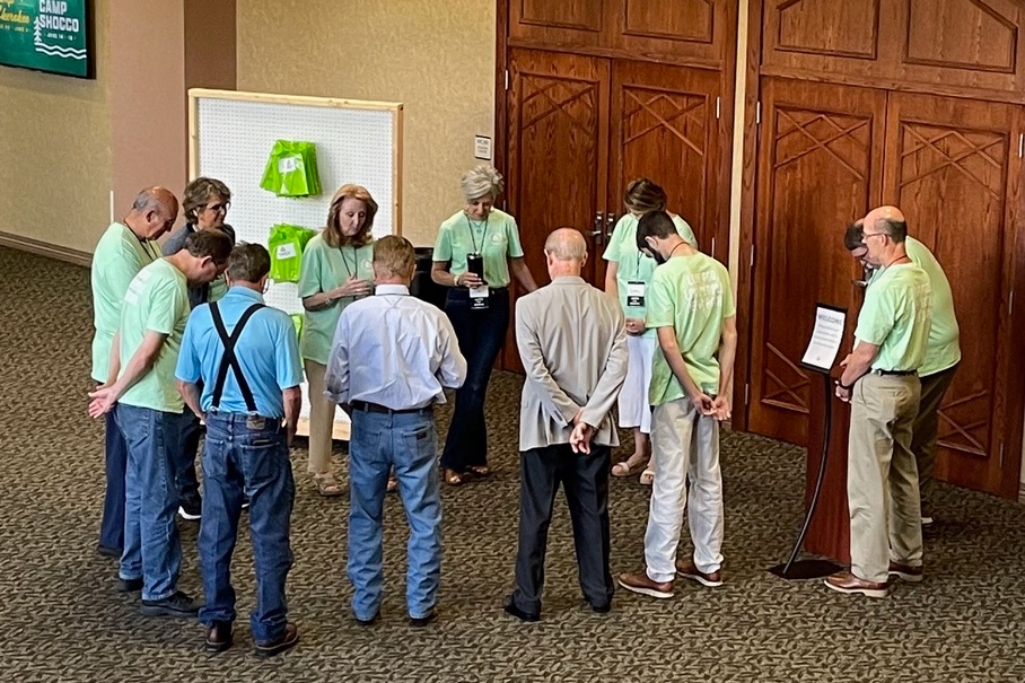Churches and other faith-based organizations impacted by Hurricane Helene may be eligible for assistance by the Federal Emergency Management Agency (FEMA), but time is of the essence to apply for funds.
FEMA’s Public Assistance program may provide assistance to faith-based organizations that provide essential social services to the public. Houses of worship, whether they provide critical or essential social services, may submit a FEMA “Request for Public Assistance” through Grants Portal, an online recovery management tool, within 30 days of the date of a presidential disaster declaration.
A presidential disaster declaration for 25 counties in western North Carolina and the Eastern Band of Cherokee was made on Sept. 27, meaning that churches should submit their requests this week to be within the 30-day application window.
“We are asking about a potential for an extension but would recommend encouraging Houses of worship to request as soon as possible,” a FEMA official said in an email.
There are certain prerequisites for assistance eligibility and procedures to apply. FEMA officials have created flyers about the application process in English and Spanish.
N.C. Emergency Management officials have also published a video to assist applicants for the FEMA Public Assistance program. Presentation slides from the video briefing are also available online.
FEMA officials are encouraging organizations to apply for the Public Assistance program if they are unsure about whether or not they qualify. Questions about the process should be directed to local or state emergency managers. Contact information for N.C. Emergency Management’s public assistance team is available online.
What churches need to know about FEMA’s disaster aid process
According to FEMA, houses of worship are considered private, nonprofit organizations that provide a noncritical, essential social service. This category of nonprofits must go through the loan application process with the Small Business Administration (SBA) Disaster Assistance Program before FEMA can determine eligibility for the agency’s Public Assistance program, which reimburses expenses for emergency protective measures, debris removal and repair or rebuilding of disaster-damaged property.
SBA’s low-interest disaster loans provide up to $2 million for damaged real estate and the repair or replacement of property, such as furniture, fixtures and other eligible inventory.
While a house of worship is not required to take out a loan, Public Assistance will not fund any associated permanent work unless an SBA loan application has been denied or does not fully cover the permanent work costs.
Religious organizations that provide a “critical service” do not have to go through the SBA process. Nonprofit organizations that run medical and educational facilities are considered “critical services.” This category of nonprofit can work with FEMA on a potential grant without applying to SBA first. However, this only applies to facilities providing “critical services.” Houses of worship must still apply for an SBA loan for damaged facilities providing “noncritical services.”
Organizations should submit insurance claims as soon as possible. Not all houses of worship may carry insurance, but those that do must submit documentation. By law, FEMA cannot duplicate benefits. Federal grants may cover uninsured or underinsured losses.
FEMA encourages everyone to document and insure property and be familiar with their policy. Not all insurance policies are the same. Coverage amounts, deductibles and payment caps can vary significantly.
Application process
All houses of worship, whether they provide critical or essential social services, should submit a FEMA “Request for Public Assistance” through Grants Portal. If eligible, FEMA and the state will then coordinate a Recovery Scoping Meeting to determine reimbursable damages.
Organizations will need to provide:
• Evidence of federal or state tax-exempt status or other documents indicating nonprofit status, such as bylaws or articles of incorporation.
• Pre-disaster evidence of incorporation/charter/bylaws.
• A Data Universal Number Systems number established with the government.
• Supporting documentation establishing lease or ownership of the building, proof of use and proof of insurance.
• If eligibility is granted, the following will need to be submitted: a list of sites damaged; “before-and-after” pictures; and information about any historic structures.


